FOR 2783 Project Structure
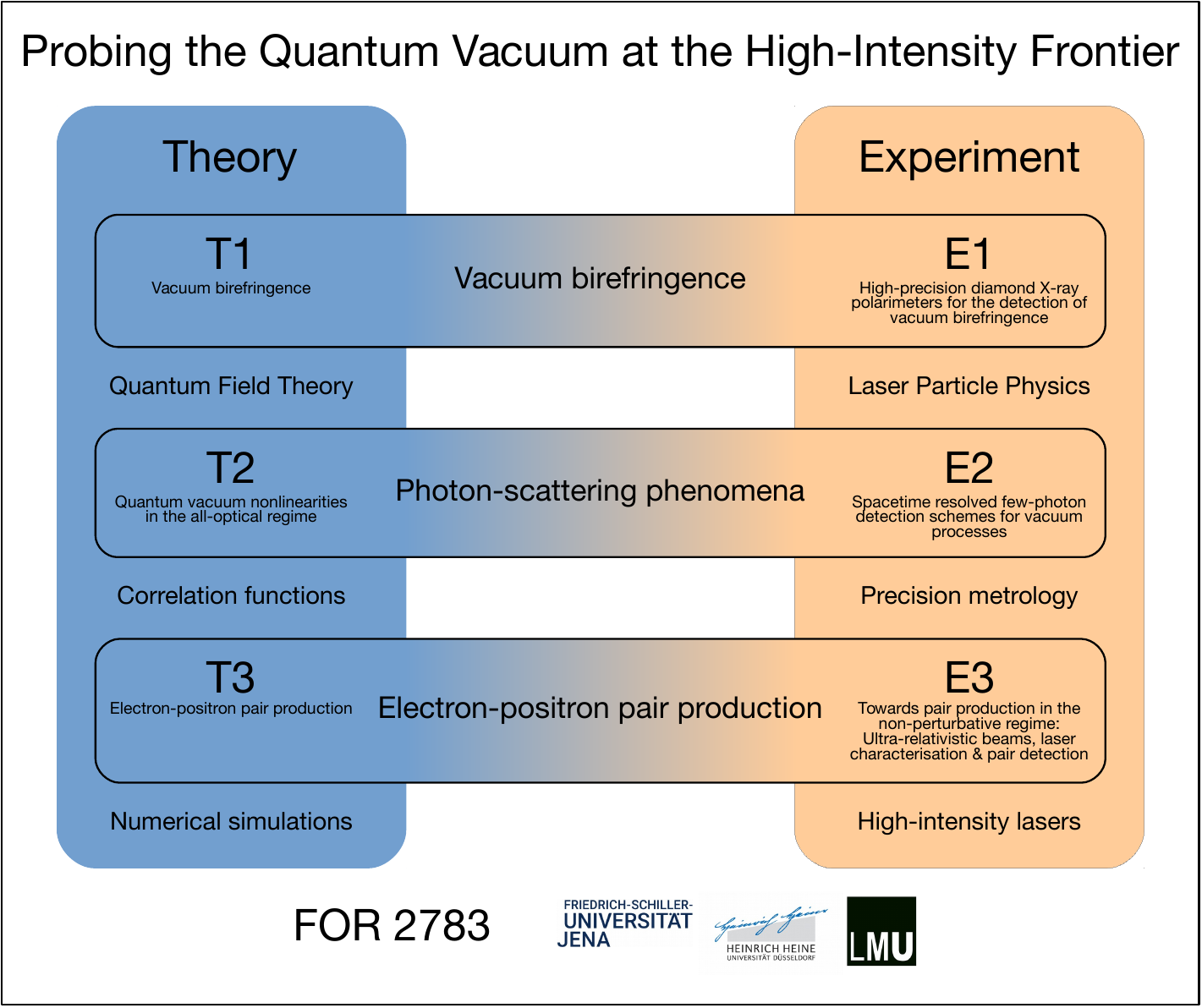
The quantum vacuum represents the ground state of Nature as it is described by quantum field theory, being the basic theory concept for all known matter and its particle-physics interactions.
The interaction of light with the quantum vacuum gives rise to some of the most fundamental and exotic processes in modern physics, which remain largely untested in the laboratory to date. Tests of these iconic predictions of quantum electrodynamics (QED), the field theory of light and matter, are becoming possible just now. Seizing this opportunity is the goal of this DFG Research Unit. The advent of ultra-intense lasers with up to 10 petawatt (PW) peak power now provides a golden opportunity to advance our knowledge at the high-intensity frontier.
Together with the current development of theoretical methods to describe fluctuation-induced quantum processes, the nonlinear regime of the QED vacuum is becoming accessible both experimentally and theoretically. The ambitious program of the Research Unit will provide theoretically firm predictions for quantum vacuum processes and experimentally investigate them combining the most advanced ultra-intense laser technology with novel high-purity detection schemes.

a student lab and platform for knowledge, interesting facts and science on the topic of light
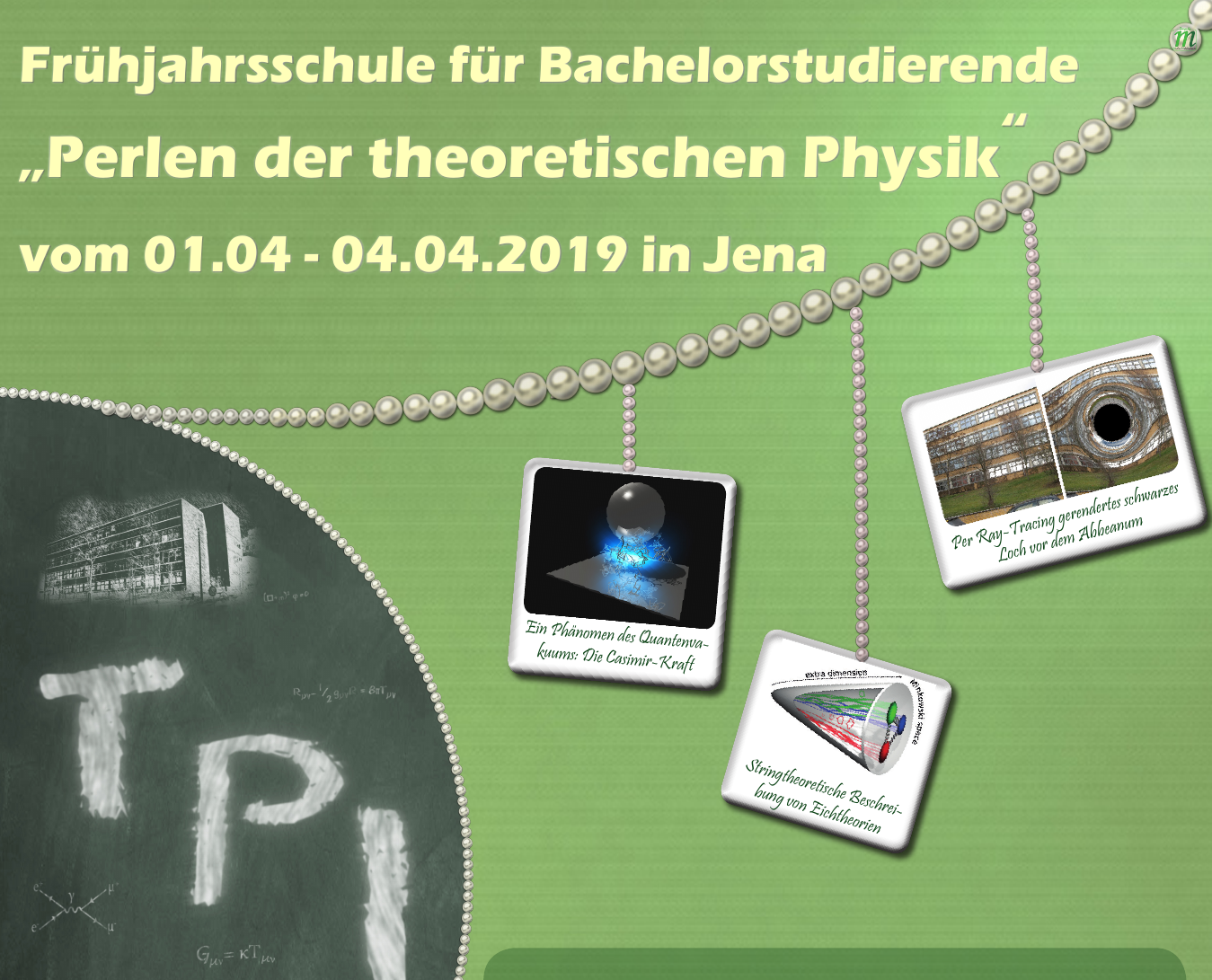
spring school for B.Sc. students
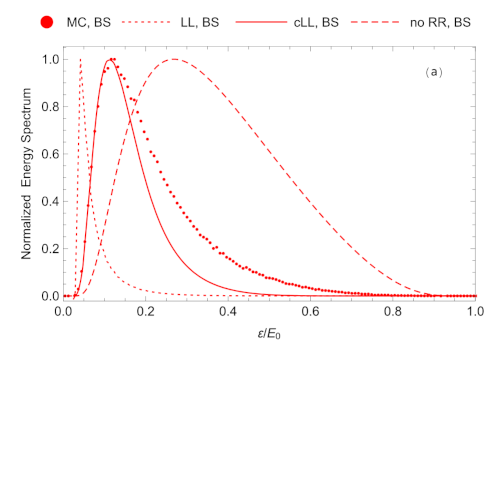
A. Eckey, A. Golub, F. C. Salgado, S. Villalba-Chávez, A. B. Voitkiv, M. Zepf, C. Müller
Phys. Rev. A 110, 043113 (2024)
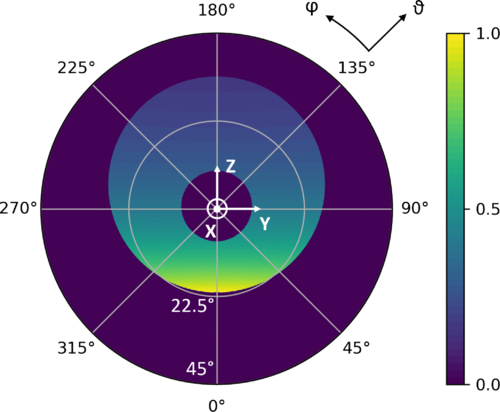
F. Schütze, L. Doyle, J. Schreiber, M. Zepf, F. Karbstein
Phys. Rev. D 109, 096009 (2024)
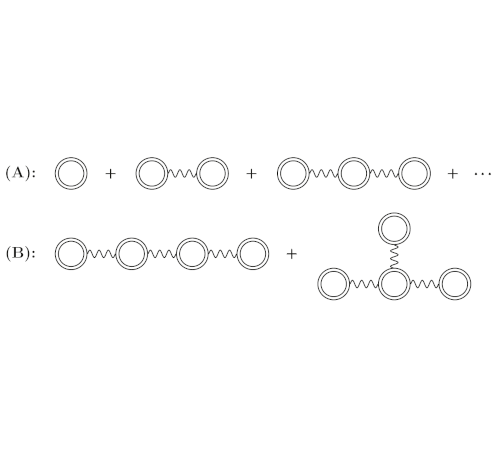
F. Karbstein
JHEP 02 (2024) 180
